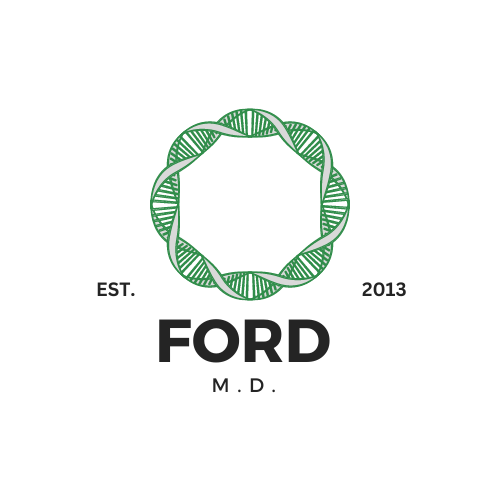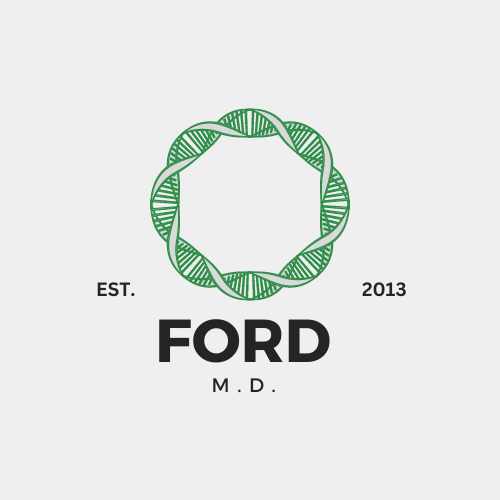Low Testosterone in Women
Understanding the Role of Testosterone in Female Health
Testosterone is often labeled a “male hormone,” but in reality, it plays an essential role in female physiology as well. In women, testosterone is produced in the ovaries and adrenal glands, and though required in smaller amounts than in men, it is no less vital to overall health and wellbeing.
As women age—particularly during perimenopause and menopause—testosterone levels naturally decline. However, certain medical conditions and interventions can accelerate or exacerbate this decrease. Surgical removal of the ovaries (oophorectomy), chemotherapy, and radiation therapy are all known to disrupt hormone production. Additionally, the use of hormonal contraceptives can elevate levels of sex hormone-binding globulin (SHBG), which binds to free testosterone in the blood and reduces its availability to the body’s tissues.
Hormonal imbalance often goes undiagnosed in women, despite having a profound impact on quality of life. Hormones are biochemical messengers that regulate nearly every major system in the body—from metabolism and immune function to mood and reproductive health. When testosterone levels fall below optimal levels, the effects can be wide-ranging and disruptive.
Common Symptoms of Low Testosterone in Women:
Vaginal dryness or discomfort
Low libido or reduced sexual satisfaction
Chronic fatigue or low energy
Irregular or absent menstrual cycles
Difficulty conceiving or infertility
Depressed mood and/or heightened anxiety
Thinning or brittle hair
Dry or aging skin
Insomnia or poor sleep quality
Reduced motivation and mental clarity
If left untreated, low testosterone can contribute to longer-term complications, including decreased bone density, reduced muscle mass, and impaired cognitive performance.
Restoring Balance
Women experiencing symptoms of hormone deficiency may benefit from a comprehensive evaluation that includes detailed hormone panels. If an imbalance is confirmed, Bio-Identical Hormone Replacement Therapy (BHRT) may be a safe and personalized option to help restore optimal hormonal function. BHRT involves the use of plant-derived hormones that are molecularly identical to those produced by the human body.
Disclaimer: BHRT may not be appropriate for all patients or conditions. Results may vary depending on the individual’s health status and treatment protocol. Consultation is required prior to treatment. Pricing may vary depending on the condition being treated and the number of sessions required.

